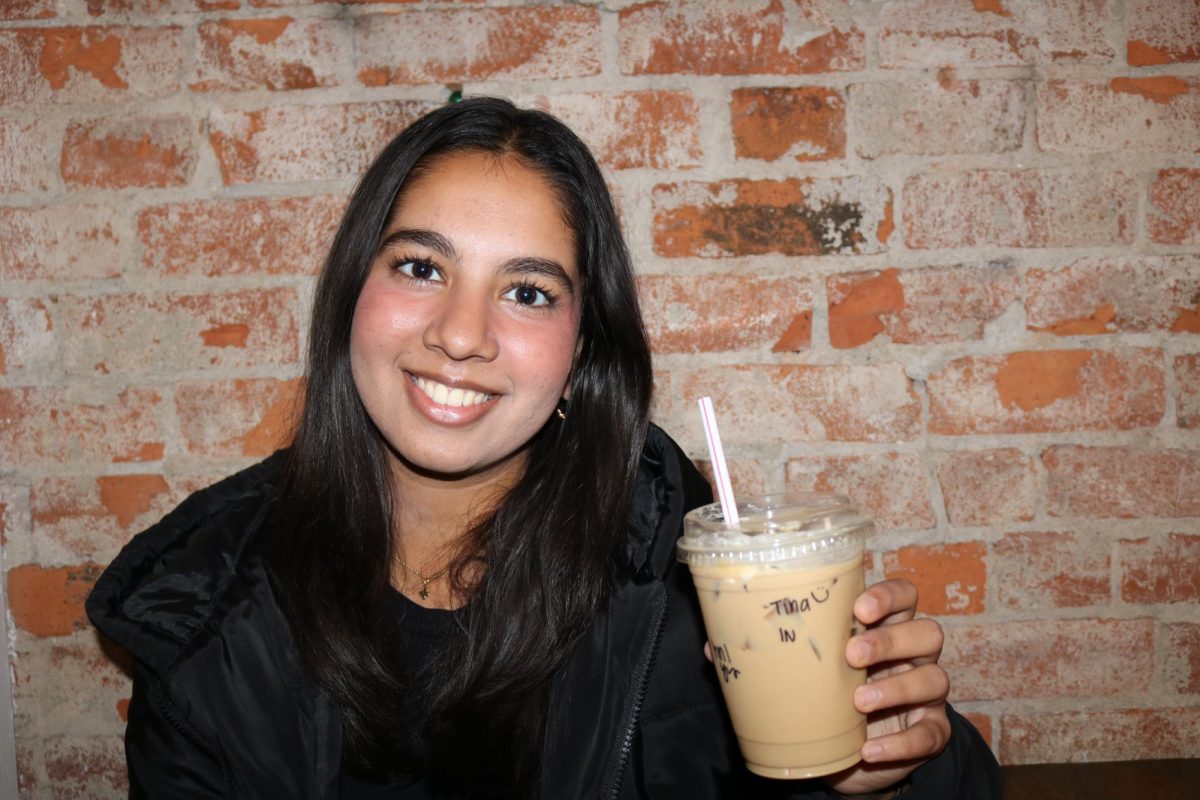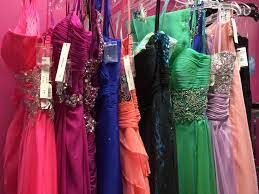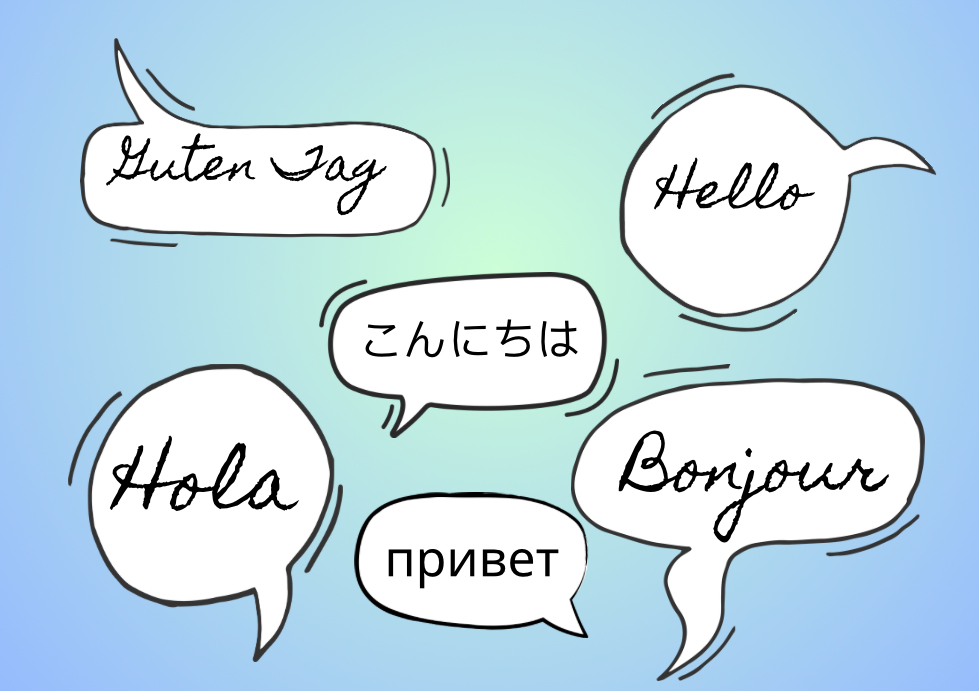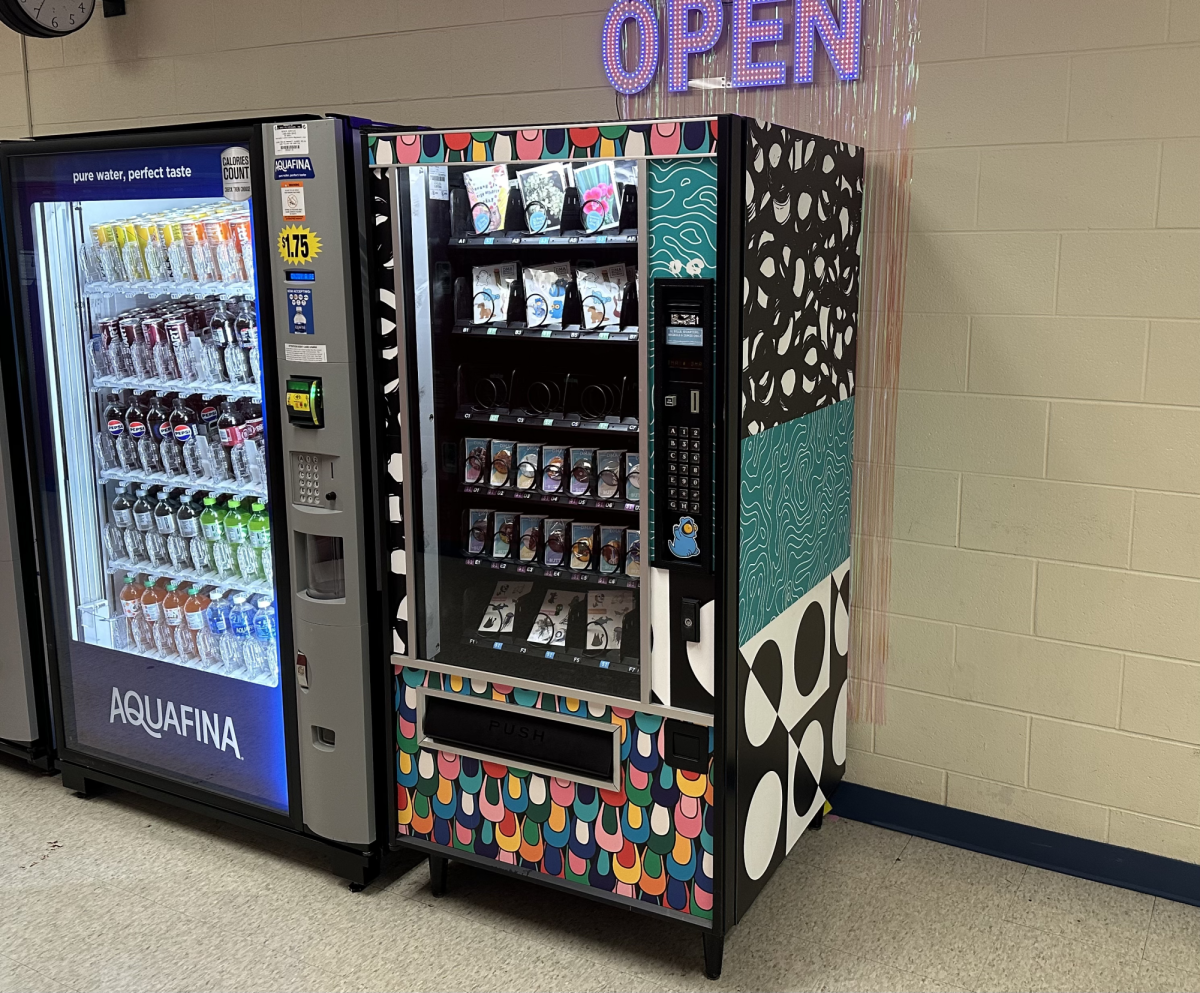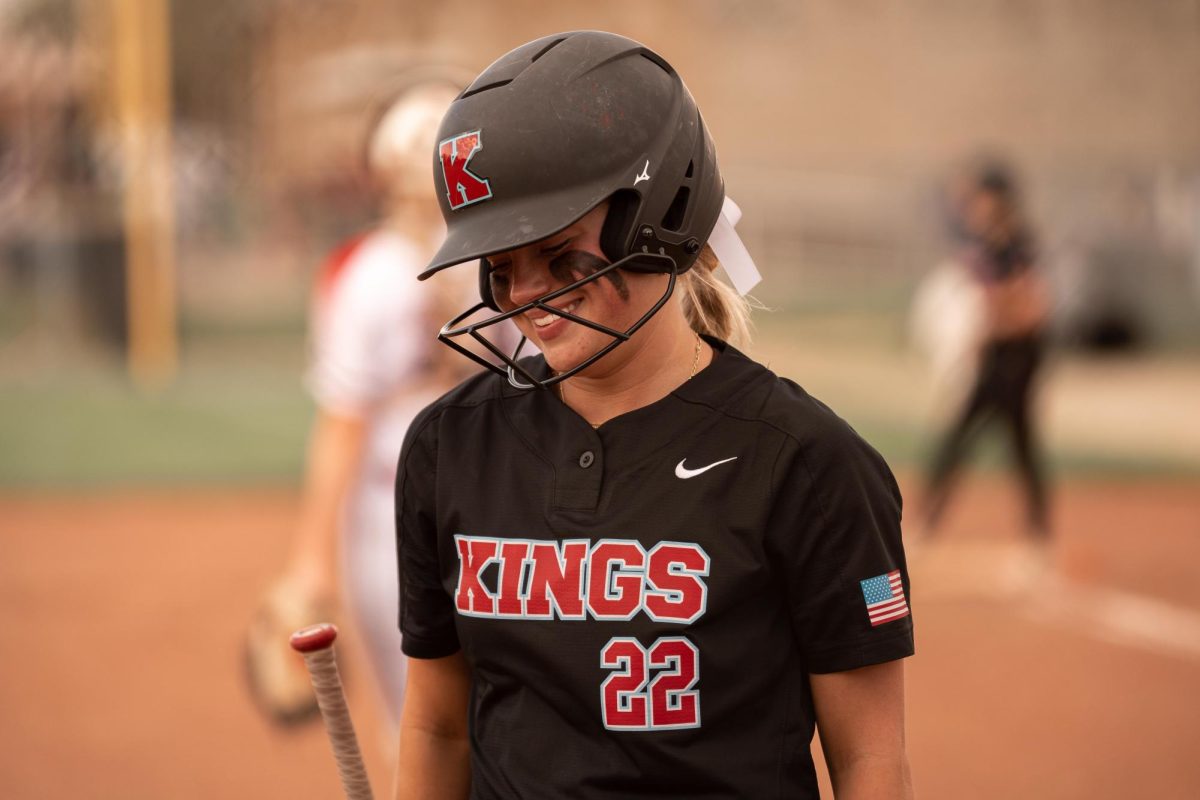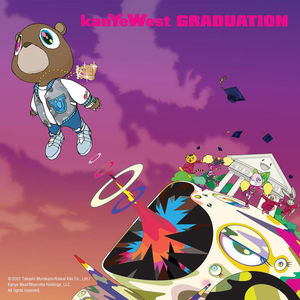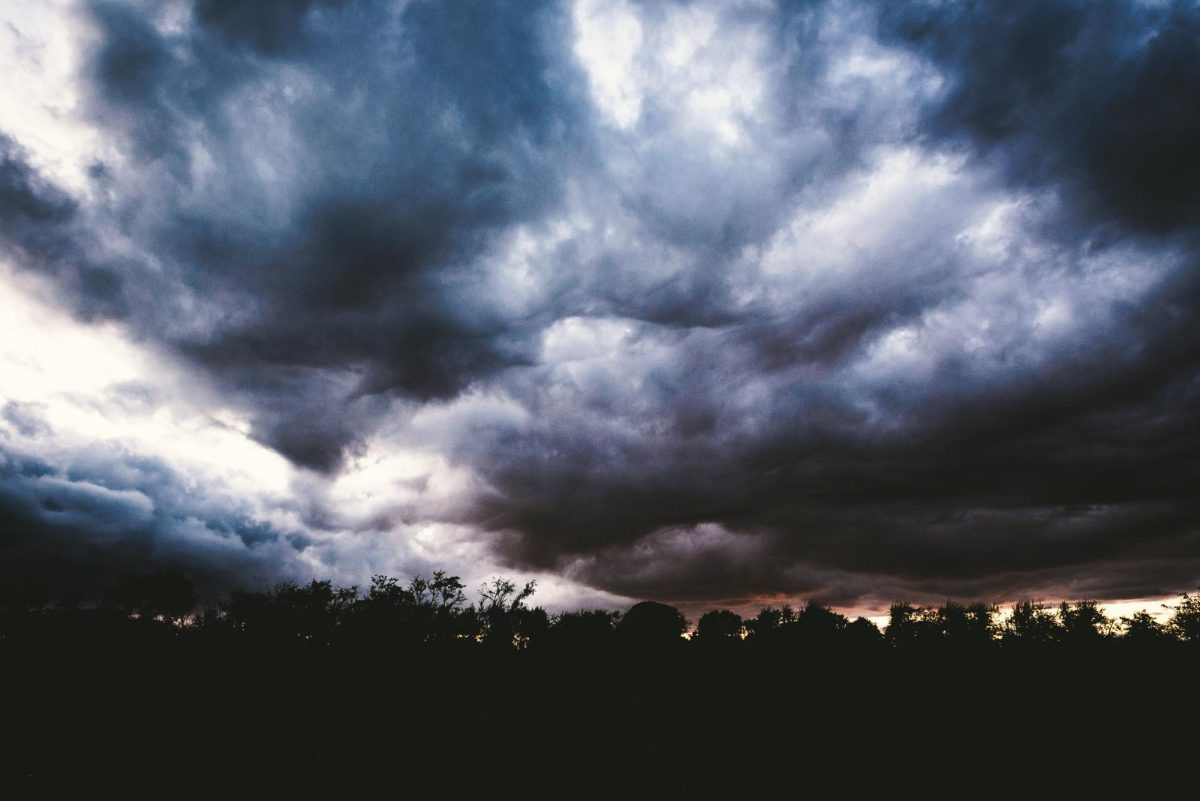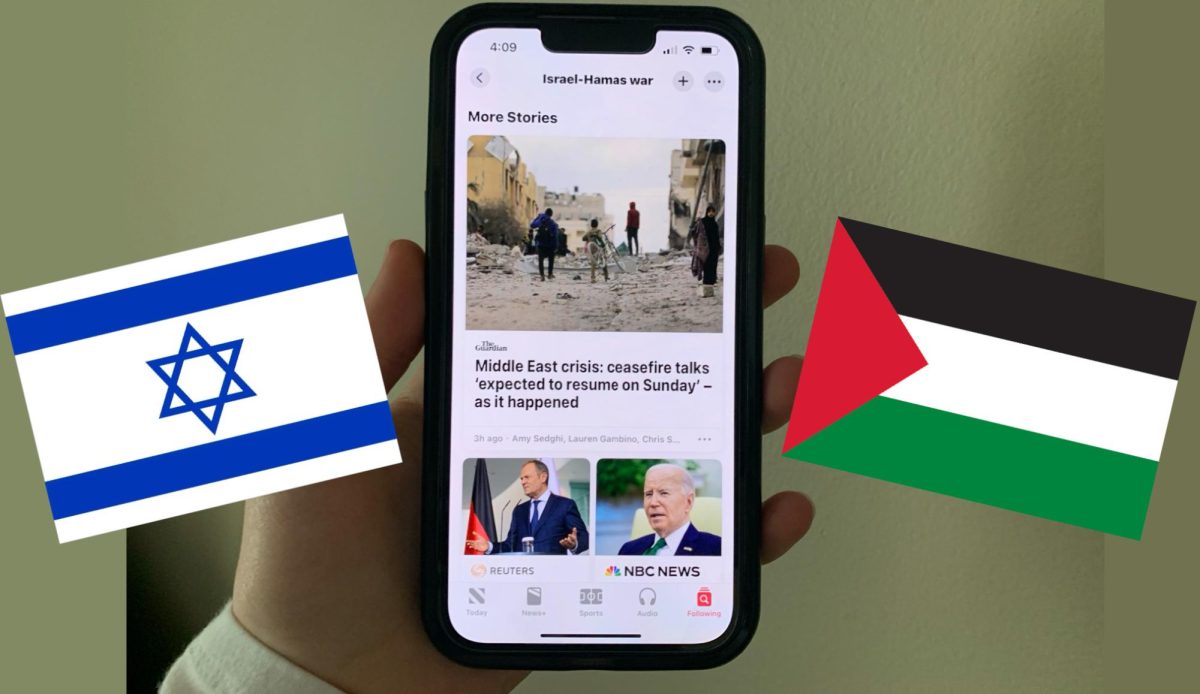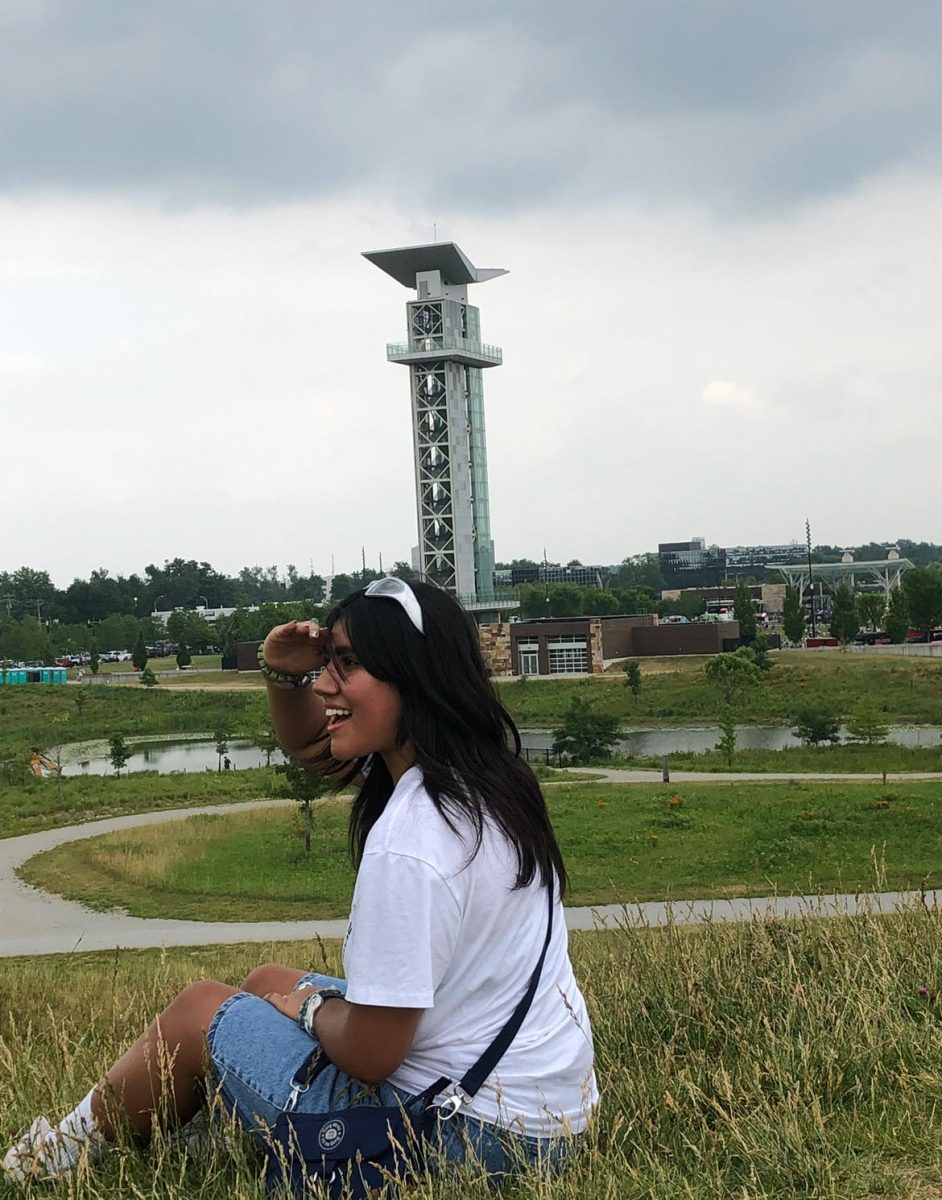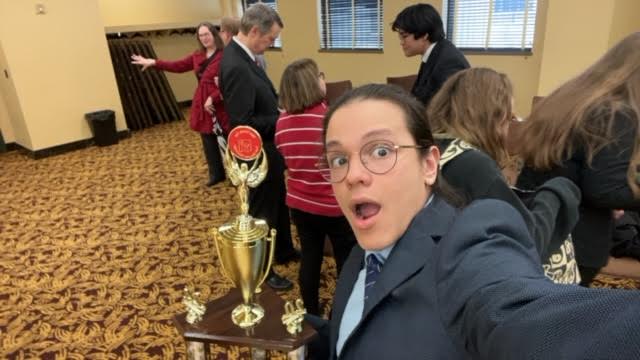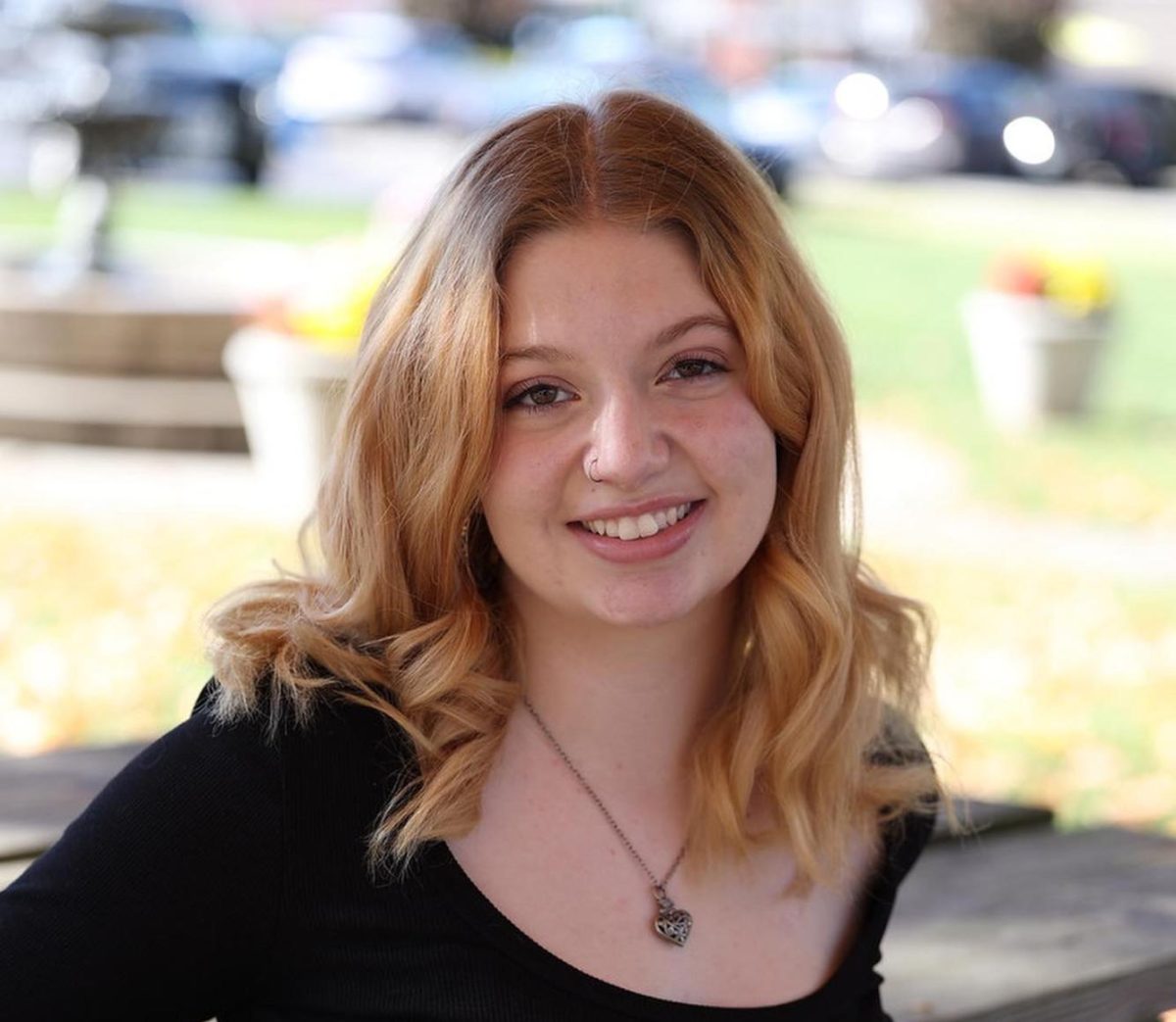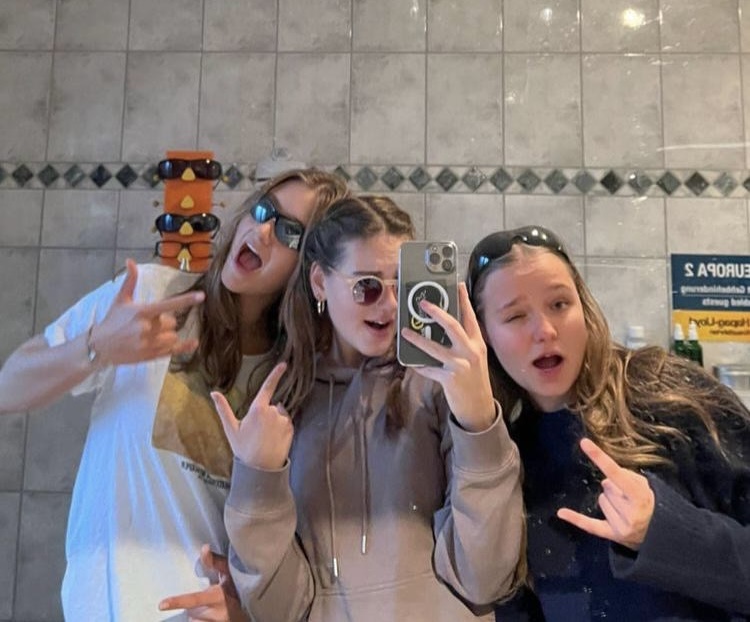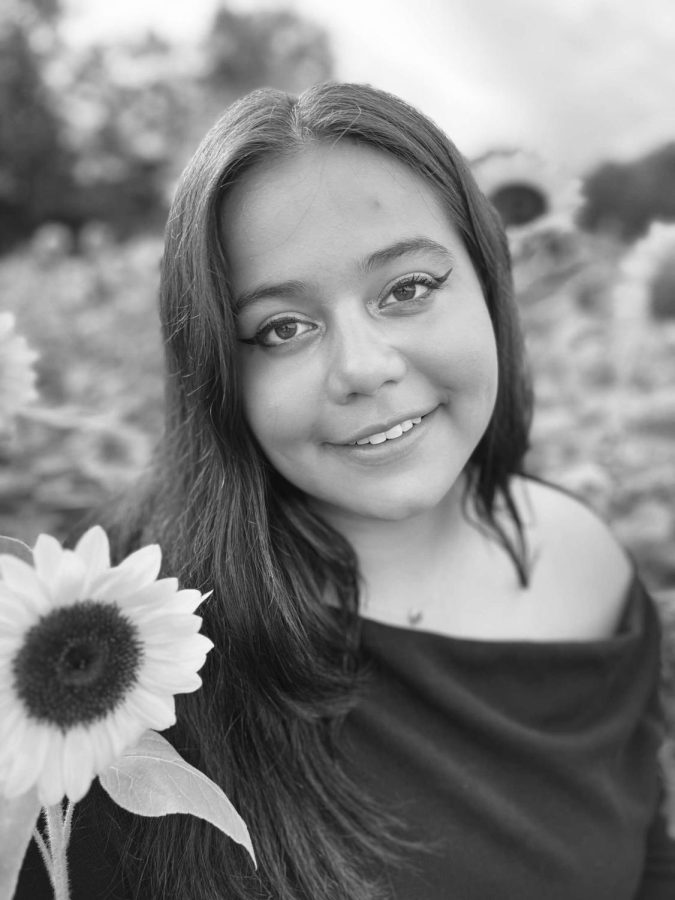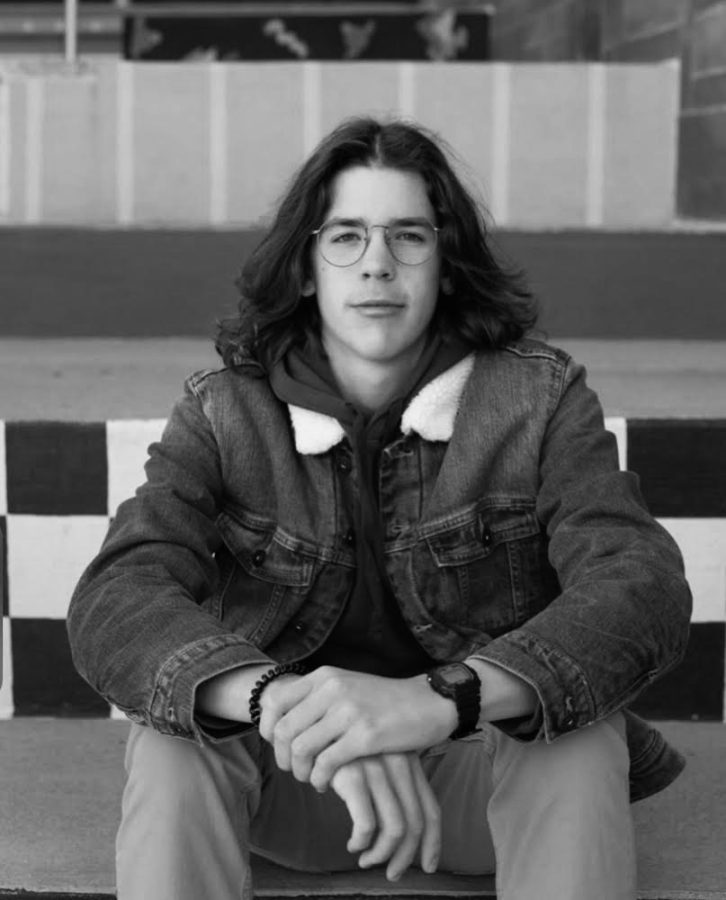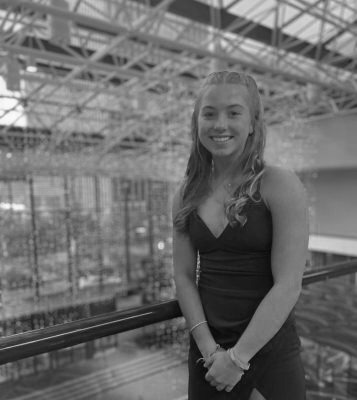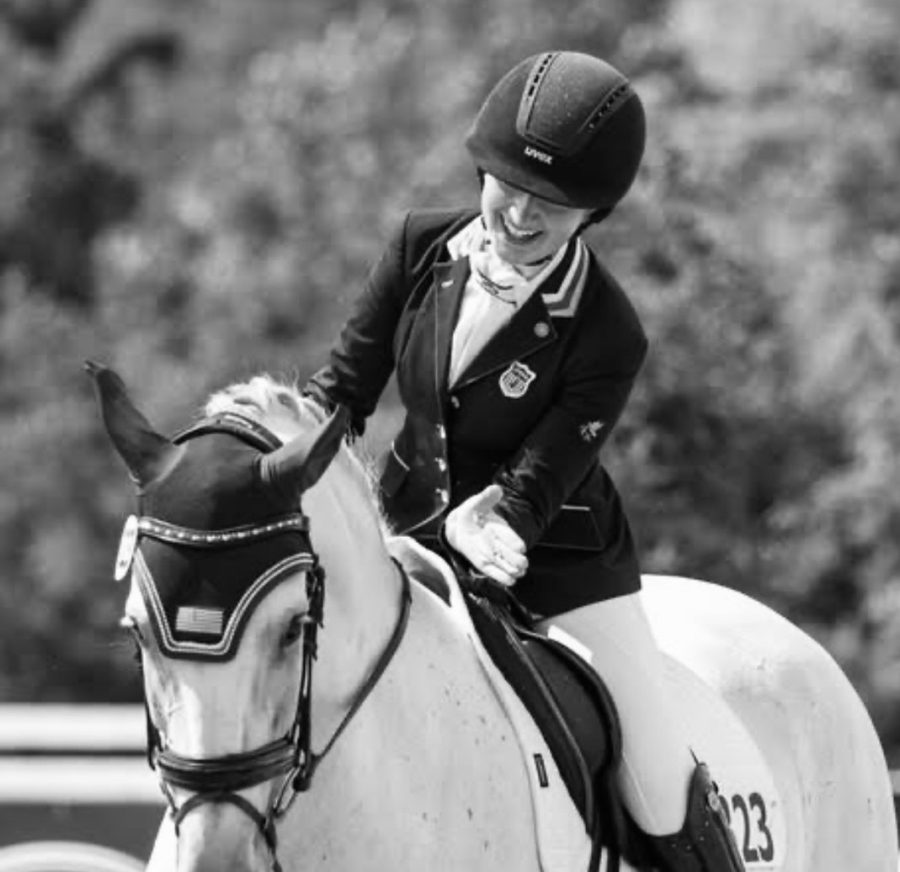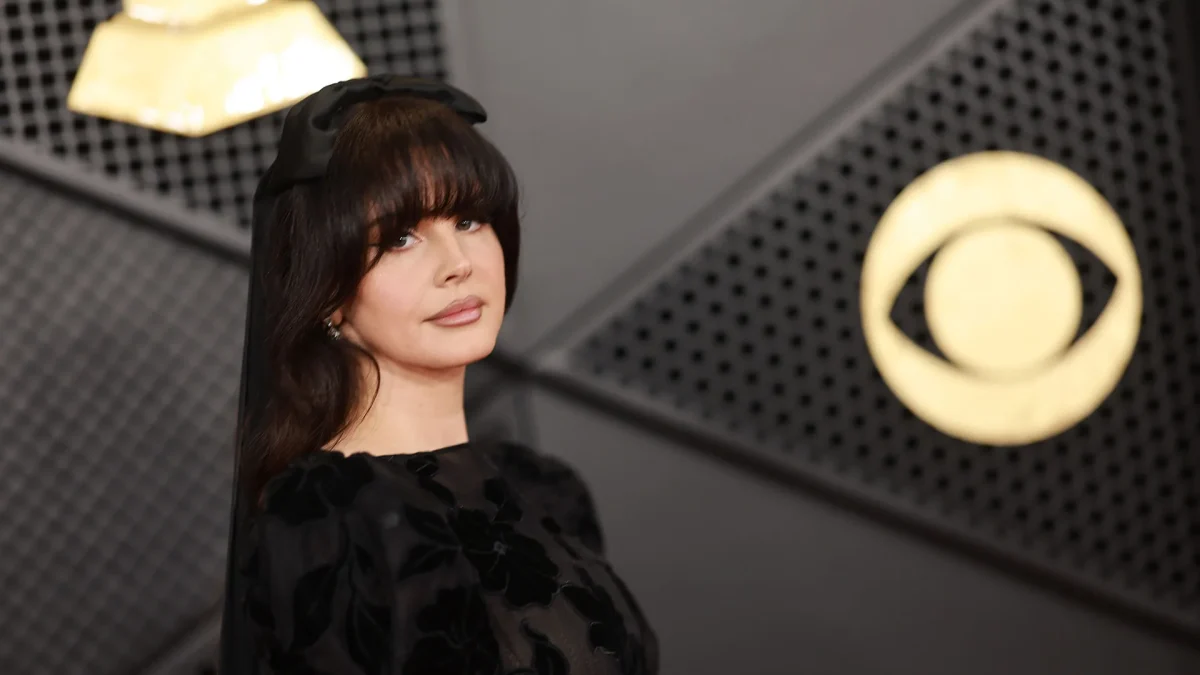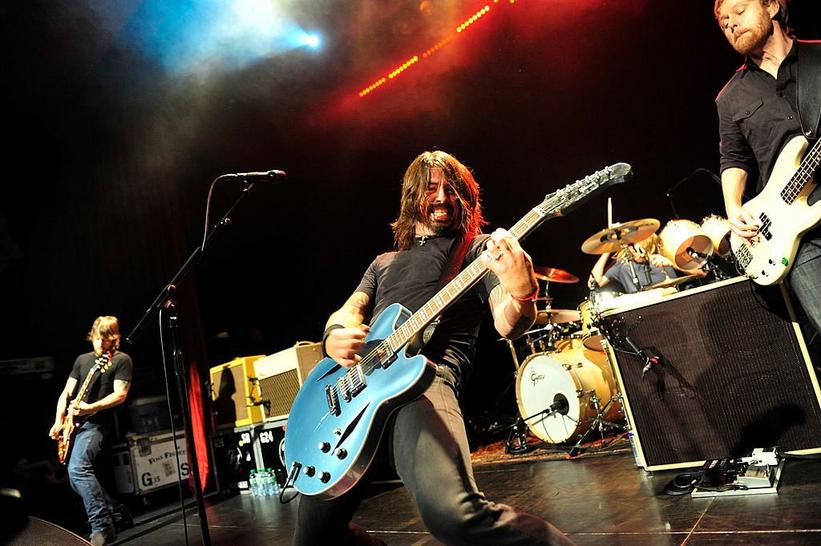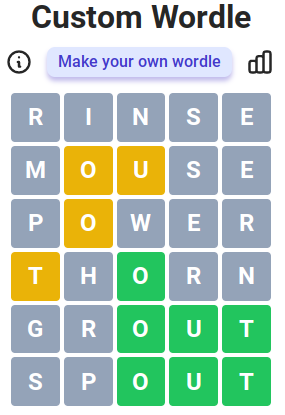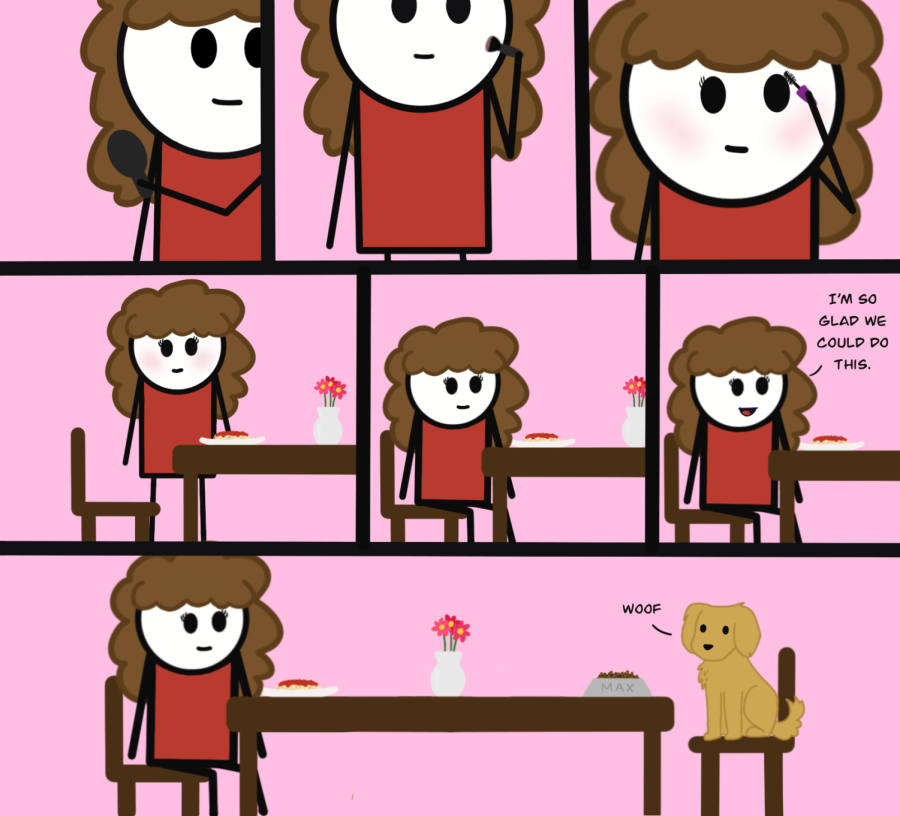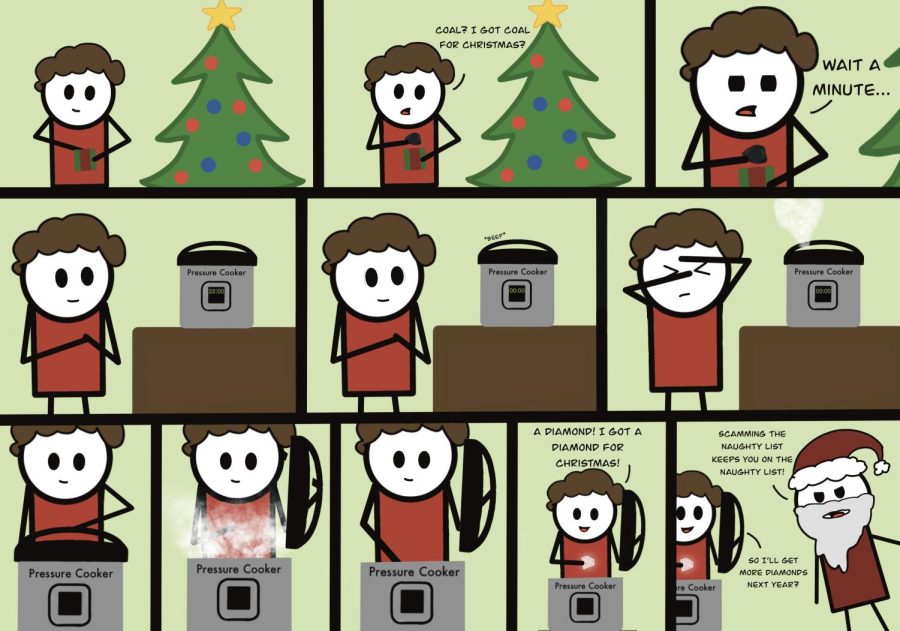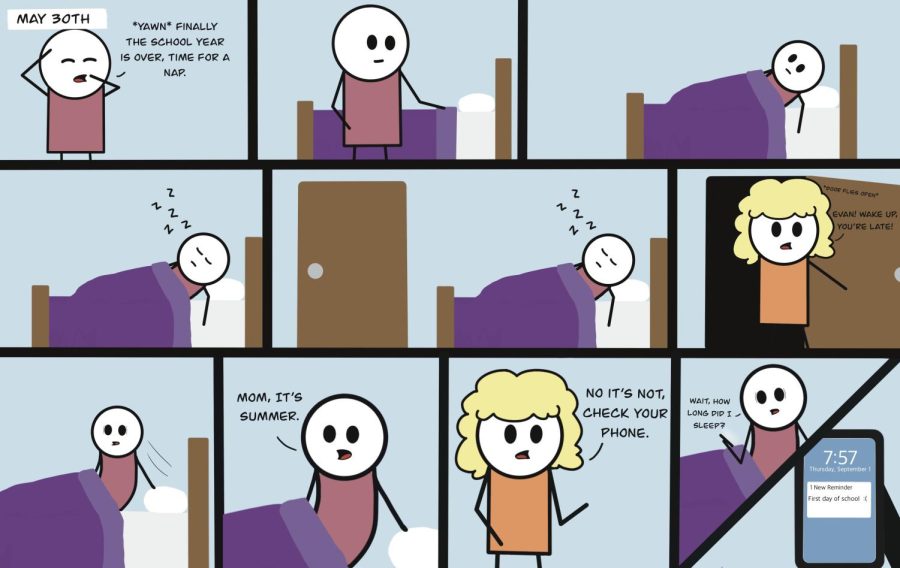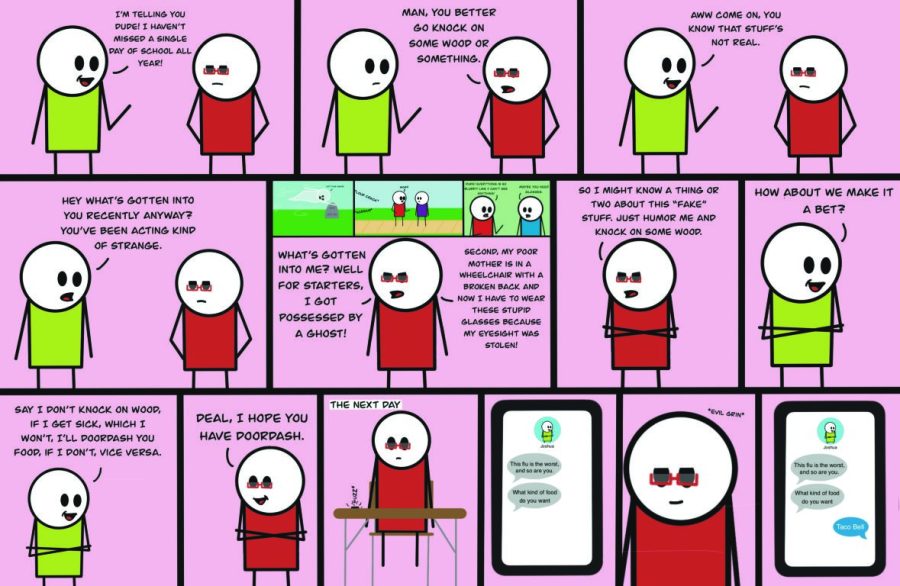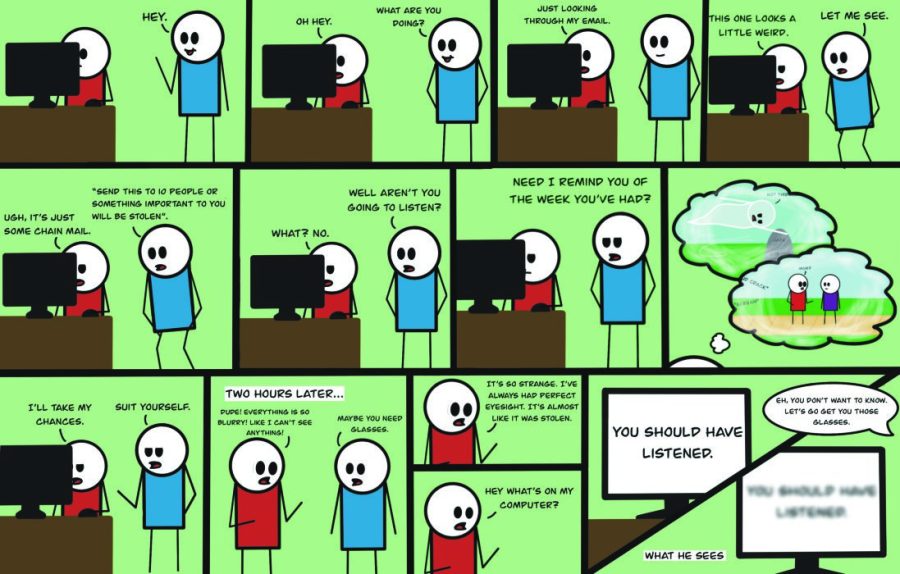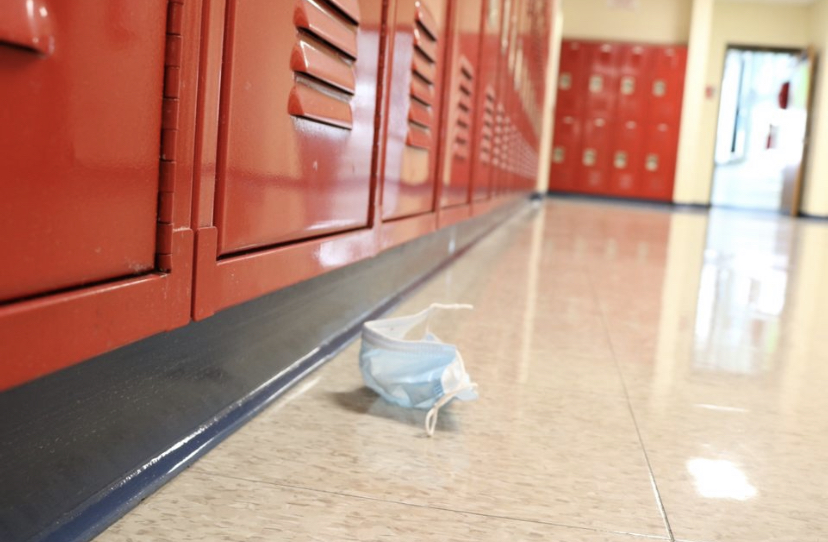Covid infects every aspect of our lives
Josiah: So throughout this last year and experiencing a different type of learning, education in high schools throughout the world has been changed by the different approaches people have had to take through learning in times of COVID. According to some, these changes have been good while others argue, they would like to return to previous ways of learning. Many new angles to learning this past year have been a more heavy involvement in technology-based learning and leaning away from traditional ways involving group work and the classic paper and pencil route. So here today, I will be talking with Carmen Jordan. Carmen, if you would like to introduce yourself.
Carmen: Hi, I’m Carmen Jordan. I’m 18. I’m a senior, and I currently attend the Warren County Career Center.
Josiah: So Carmen, what has been your experience with classes this year? What classes are you taking?
Carmen: So as a senior, this year, I only needed a math credit and an English credit. I’m taking an extra psychology credit in-person and then my digital design lab, which has been… both of these have been in-person and online.Most of it has been most of it has been in-person, but we have only been able to go to school. At first. It was only two days a week and we’ve just now started going every day. And at first being honest, it was nice being online. Just because I didn’t have to go to school every day. But that quickly got old. Just because we didn’t get to do a lot of our projects and stuff like that in class, which was really, really difficult. So it’s been really nice getting back in the groove and going every day, because then that way we can actually get some stuff done, but I definitely like, and would rather have a in-person or an in class subject, and a teacher or some feedback from someone. So yeah.
Josiah: What have been the ups and downs of the virtual learning experience that you’ve had?
Carmen: I think some of the ups are getting to make my own schedule. Some people struggle with this. Some don’t, I don’t struggle with it as much just because I’ve been homeschooled my whole life. So I’m used to it. It’s something that I’ve kind of grown accustomed to and how to make my own schedule and what works for me. And you know, what times in the day do I get the most stuff done? But the downs, obviously, you know, just can be procrastinating or not getting it and not feeling the motivation or, just kind of feeling that like disconnect from other people and like a classroom and teacher setting.
Josiah: It’s easy to just kind of take the computer and close it down for a bit, kind of leave it there to the side rather than when you have an in-person class. You’re physically having to be there.
Carmen: Yeah. You’re forced to do the work right then when you’re supposed to.
Josiah: It’s a very different expectation physically and I think mentally for a lot of, a lot of people.
Carmen: Yeah, for sure.
Josiah: So how do you feel about being in person? How was adjusting back to it? Was it easy? Was it still kind of different even though it’s what our norm is?
Carmen: So when we went back five days a week, instead of two, that was definitely difficult to do because I was used to staying up a lot later. And then, you know, only having to get up early two days a week. At first it was only one day a week, so that was definitely an adjustment. And just my sleep schedule wise and then feeling, you know, good in class and motivated to do stuff. But I’m really glad we did because honestly, even though it was difficult, I adjusted pretty quickly, but being in class to finish our projects and to be able to be like, Oh, okay, I’ll come back tomorrow and finish this up. It’s just so crucial and important for literally whether you’re in a lab or any other class. It’s just really nice to be able to have that consistency with the projects that you’re doing.
Josiah: Yeah. And if I were to tell you that all of your classes next year, were going to be online, and be even less than what we have now, if everything was virtual, how does that make you feel about learning?
Carmen: It would, you know, I would be so unmotivated to do it. I honestly would be. Cause I do usually enjoy learning, especially if it’s something that I’m interested in. So yeah. If it was something that I was interested in, I would be really unmotivated to do it and I wouldn’t be excited to. And if it was something that I wasn’t interested in, I would be just completely like it. Yeah, no, I just don’t want to do this. And honestly it would suck the fun out of learning and like wanting to better my education. And I think it would be really difficult for me to yeah. Stay on task with anything. Cause I would just feel so disconnected and so unmotivated and just like not excited for, you know, something that I think should be exciting and something people should want to do.
Josiah: Absolutely. And then just the, the general opposite, you know, how, how does it make you feel if you can go back and everything’s normal, everything’s in person, no masks. How does that make you feel?
Carmen: Honestly, like getting used to having to wear a mask everywhere and stuff like that, if I went back to completely normal, no masks, you know, everything in person, it would probably be really strange. I probably wouldn’t feel completely safe by being honest, whether that’s just, you know, being used to like that, you know, a little fear factor. But I mean, if people were safe, I would feel, you know… just, it would be really great to be able to just go back and not have to worry about the little things that we do now that we didn’t have to, you know, use to write. But I would, you know, I’d feel really refreshed and like, okay, I just get to go and just like be a person in a classroom and just, you know, learning in this way and not having to. Think about, you know, COVID regulations and all that stuff, but yeah, I would definitely, it would be nice to have that, you know, more normal school education, college experience of just being in person on campus. Yeah. And stuff like that.
Josiah: Right. Because it was like, we were already, at least for us specifically as seniors already in high school, so we already kind of knew what the norm experience was and then that changed. But then imagining going into college, which is a completely different experience and not seeing people’s faces, not really getting to know them on as well of a personal level, feeling that discomfort or that weird feeling because it’s like, even when people move closer together at lunch or things like that, you start to feel like, wait, you’re too close, but then you realize you just start to have this kind of natural disconnect from people now. And you just kind of prefer it even though normally you’re like, no, like it’s totally fine. You wouldn’t think about it twice.
Carmen: Even watching movies now when people are close to each other, it’s like, Oh wait. What are you doing? And it’s sad because it’s like, Oh, that used to be our norm. But now, like we’re, we’ve become conditioned to feel that we can’t have that human, like, interaction that we’re supposed to have. And we’re actually like, you know, supposed to have that normal connection.
It’s really changed the way we think about things and the way we approach different conversations and different situations that have anything to do with really other people’s specifically, or the way we have to take in information this year.
Josiah: And then kind of just getting, a little bit of more, what are some of the policies that have been new this year because of COVID? What are some of the things that maybe you want to keep, or you think are good ,or other things that you think should go back to the way they were before?
Carmen: The only thing that I like just thinking of it doesn’t have to do school necessarily, but when people are at restaurants and are making your food, I kind of actually like that people wear masks because it’s like, you’re making someone’s food and your face is like right over it. So like, if I was gonna, you know, eat something, I would rather someone like cover their mouth, you know, when they’re like making food, I think that’s like actually really smart. I’m shocked. We don’t do it normally. I’ve definitely become more aware of how dirty things get and like how often, I don’t know, like weekly things now.
Josiah: We think about things we never cleaned before. It’s kind of crazy. And then I guess, on the opposite side, is there anything that you want to get rid of? That you think that we’ve kind of added as a policy or something, even like simple things, like the one direction hallways or different things? Is there anything like that that you think maybe is unnecessary now or will be unnecessary later?
Carmen: I don’t know. Maybe just small nitpicky things like, yeah. One direction hallways. Y’all if it’s a virus it’s gonna spread like sideways too. So like the one that just doesn’t make any sense, even if you’re wearing a mask, like it’s just going to happen. Maybe I think like when you spray tables, some of that is good and some of it it’s like, all right, this is just a little unnecessary. Cause you know, I don’t know, there’s been different things of like how it spreads, but if you’re wearing a mask, if people are washing their hands, you know, stuff like that. Even like water fountains being closed, I mean, You do drink from the water? So like, technically I don’t think any germs are going to be around there. Maybe there will. I don’t know, but I do like when people put in the water fountains where like you just put your water bottle under it, I think that’s cool. I think most people, places should have that.
Josiah: Yeah. That is nice too, because we don’t have to go ask to use the water fountain.
Is there anything else that you’d like to add? Any other opinions or any hopes for the future or anything at all?
Carmen: I just think, I hope that we can, as like a country, be able to take the resources that we’ve been given and blessed with and like help others and like the world.That we can finally like eradicate this and have everyone have the same like opportunities.But I also just hope that like, even though it is, you know, scary. And, you know, some of it can be dangerous that we can not completely buy into like fear factor and like, as long as we’re smart we still have to like, live our lives. So I just hope that we can, you know, whether it’s with school or activities, we can still be able to do it with our lives. And just kinda continue on while being safe. We can still, you know, not have to worry about, you know, shutting down everything or, you know, just kind of shutting down everyone’s lives. Because, you know, that already happened and we saw the repercussions of that. So like there are ways to keep going that are safe.
Josiah: Absolutely. Well, thank you so much.
Carmen: Yeah, no problem.
Josiah: Thank you guys so much for listening to this Knight Time’s podcast of my interview with Carmen Jordan today. I hope it has benefited you and help you understand and see a, just a specific one person kind of perspective on the matter and how virtual learning has affected them and in person, and just kind of seeing their genuine reactions of to what, you know, what they think for college and other things of if they had to wear masks still, or if they had to be online or if they had to be all in person. So thank you guys so much and see you in the next podcast.
Want to show your appreciation?
Consider donating to The Knight Times!
Your proceeds will go directly towards our newsroom so we can continue bringing you timely, truthful, and professional journalism.
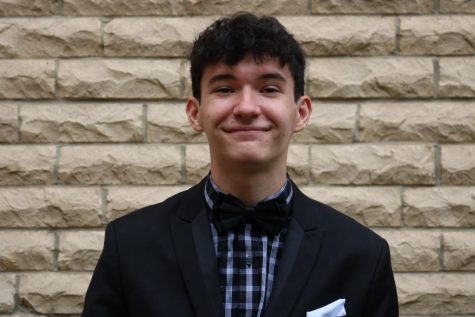
Josiah is a current Senior and has been going to Kings since the 5th grade. He joined the Knight Times to bring a new perspective to the group, and to...
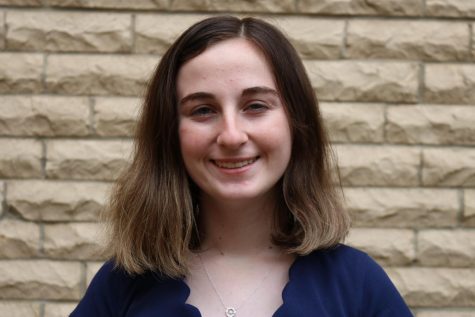
Abby is a senior and has been going to Kings since kindergarten. In the seventh grade, she got into theatre both at school and in the community, and it...

